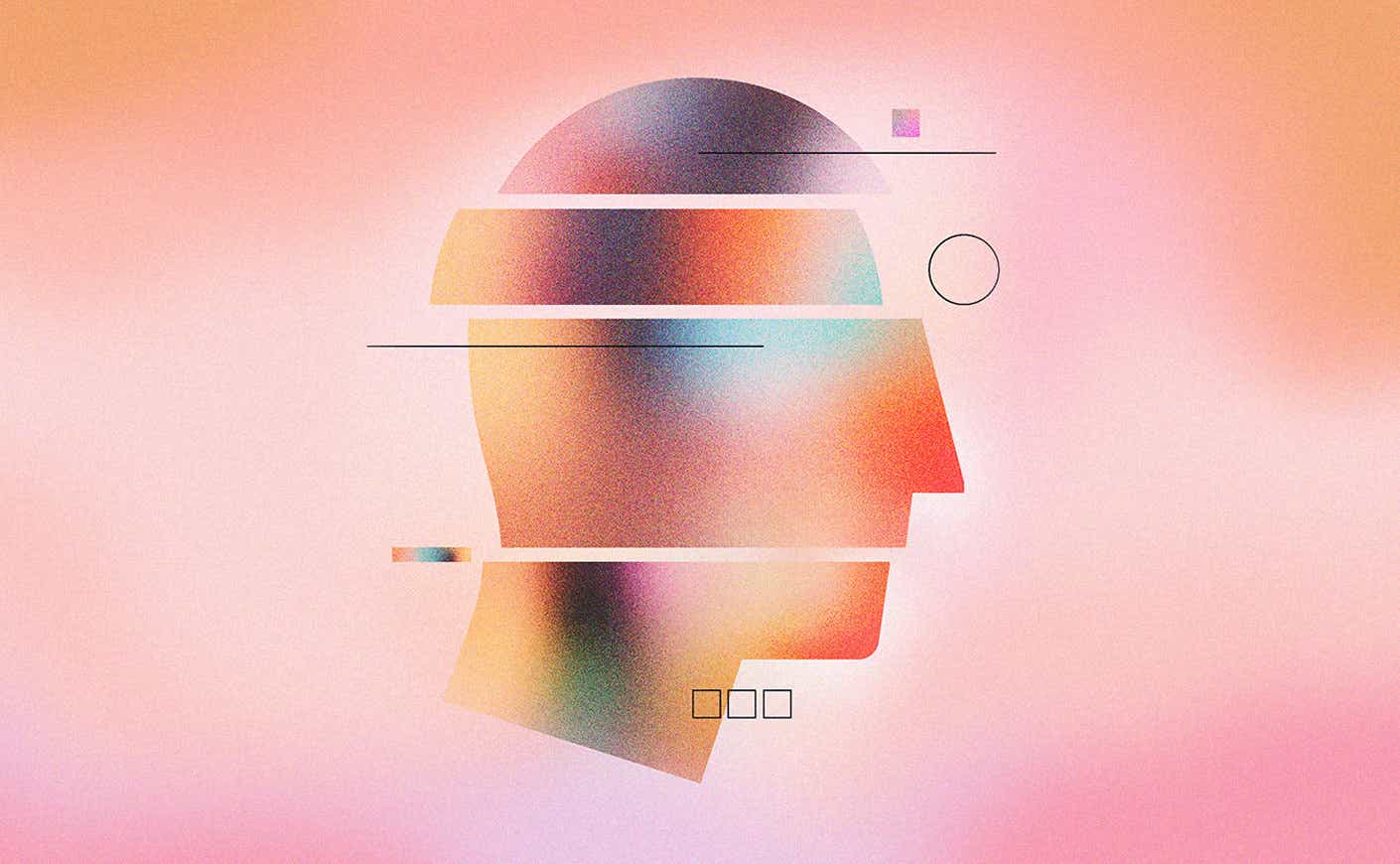When Rebecca Jones took a 23andMe genetic test more than three years ago, she wasn’t expecting to uncover crucial information. But the results revealed something profound: The former pharmaceutical educator from Oklahoma had an increased risk of developing Alzheimer’s disease and was also at a slightly higher risk for blood clots. These discoveries would ultimately transform her life.
Given her family history (her father and two of her aunts all had Alzheimer’s), Jones was determined to make some lifestyle changes. “I modified my diet to include more low-carb foods, added supplements recommended in the book The End of Alzheimer’s, and stepped up my exercise routine with brisk walks,” she says.
About a year later, Jones volunteered for a local clinical trial, a process she was familiar with, given her decades-long career in the pharma industry. As part of the screening, she underwent a specialized PET scan and was shocked to learn she had a significant amount of amyloid plaque in her brain, an early sign of Alzheimer’s disease*. She felt shattered. “It was an emotional blow. I cried for two weeks,” Jones says. “But I realized I could either let this rob me of my joy now, or do everything I could to live through this.”
So Jones consulted with a neurologist and began an experimental infusion therapy, targeting amyloid plaque. After a year of this treatment (which has since received FDA approval), a follow-up PET scan showed no evidence of the plaque that had once indicated her preclinical Alzheimer’s.

That was encouraging, but Jones didn’t stop there. Inspired by her experience, she persuaded her daughter and granddaughter to take a 23andMe test as well. Both discovered they also had certain genetic predispositions that could make an impact on their futures. “It’s better to know early on,” Jones says. “Now they know what they’re up against and can make lifestyle changes, or monitor their health more closely. It gives us some power over the unknown.”
Jones’ story is just one example of how 23andMe is transforming preventive medicine, helping uncover potential health risks long before symptoms arise. But what’s the science behind it all? And how does the company address the psychological complexities of this groundbreaking work?
Bringing genetics to the forefront of preventive health
At the heart of 23andMe’s mission is its ability to translate complex genetic data into actionable health insights for its customers. According to Noura Abul-Husn, MD, PhD, the company’s vice president of genomic health, this approach is rooted in one question: “What’s more personal about you than your own genes, and the story they tell about your health trajectory?”
Dr. Abul-Husn explains that the traditional healthcare model treats populations based on averages, often neglecting the unique needs of individuals. “We still use these one-size-fits-all models for keeping people healthy,” she said. “But we can do better, and one of the ways to do much better is to bring genetics into the picture.”
Through tools like polygenic risk scores, 23andMe provides customers with detailed insights into their predisposition to common conditions like heart disease, diabetes, and cancer. That info helps them take action earlier and put their health into their own hands. “Over 90 percent of people have found something in their genetic reports that gives them a starting point for prevention,” Dr. Abul-Husn says.
Healthcare today is designed to take care of sick people. What we want to do is make sure people have the tools to stay healthy in the first place.
How do the 23andMe tests work? The process is simple: You order a kit online, provide a saliva sample from home, and mail it back in a prepaid package. Within a few weeks, you’ll receive a detailed report through your online account, about your genetic predispositions for health conditions covered in the services you purchased.
From data to actionable advice
While understanding genetic risk can be meaningful, 23andMe recognizes that taking proactive steps is equally important. That’s why the company developed the Health Action Plan, which provides customers with personalized recommendations based on their genetic health reports. “We don’t just give you the information and leave you to figure it out,” Dr. Abul-Husn says. “We guide you through what to prioritize, from lifestyle changes to medical screenings.”
For example, someone with a high polygenic risk score for heart disease might be encouraged to monitor cholesterol levels, adopt a heart-healthy diet, and schedule regular cardiovascular screenings. And for those seeking a deeper dive, the company’s new 23andMe+ Total Health membership offers a comprehensive approach, combining genetic testing, blood labs, biological age analysis (which calculates how your biological age stacks up against your chronological one), and access to expert clinicians trained in genetics through telemedicine.
The emotional challenges of genetic test results
Despite its potential benefits, genetic testing does raise valid concerns about emotional impact. Dr. Abul-Husn acknowledges this challenge, noting that while a disappointing test result may cause short-term emotional distress, “the long-term impact for the majority of people is positive, because that knowledge is powerful.” (In the case of Alzheimer’s disease risk, people can exercise this power by taking preventive action on the non-genetic factors that contribute to 45 percent of dementia cases.)
Jones echoes this sentiment. “It’s not easy learning you’re at risk for something like Alzheimer’s or cancer,” she said. “But the alternative — doing nothing — is far scarier.”
To mitigate any distress, 23andMe allows customers to opt into certain sensitive reports, such as those related to late-onset Alzheimer’s or Parkinson’s disease. “Choice is very important,” Dr. Abul-Husn says. “People should be able to decide what they want to learn about their health.”
A blueprint for the future of healthcare
As 23andMe looks ahead, its focus remains on prevention and longevity. “Healthcare today is designed to take care of sick people,” Dr. Abul-Husn says. “What we want to do is make sure people have the tools to stay healthy in the first place.”
With innovations like its biological age calculator and a growing focus on combining genetics with lifestyle data, 23andMe is pushing the boundaries of personalized medicine.
For people like Jones, this data isn’t just helpful — it’s a life-changing resource. “Knowing my genetic risks gave me the power to change my future,” Jones says. “It’s not just about preventing disease; it’s about living the fullest, healthiest life I can.”
*The 23andMe PGS test uses qualitative genotyping to detect select clinically relevant variants in the genomic DNA of adults from saliva for the purpose of reporting and interpreting genetic health risks. It is not intended to diagnose any disease. Your ethnicity may affect the relevance of each report and how your genetic health risk results are interpreted. Each genetic health risk report describes if a person has variants associated with a higher risk of developing a disease, but does not describe a person’s overall risk of developing the disease.
The test is not intended to tell you anything about your current state of health, or to be used to make medical decisions, including whether or not you should take a medication, how much of a medication you should take, or determine any treatment. For important information and limitations regarding each genetic health risk report, visit https://www.23andme.com/test-info/.









